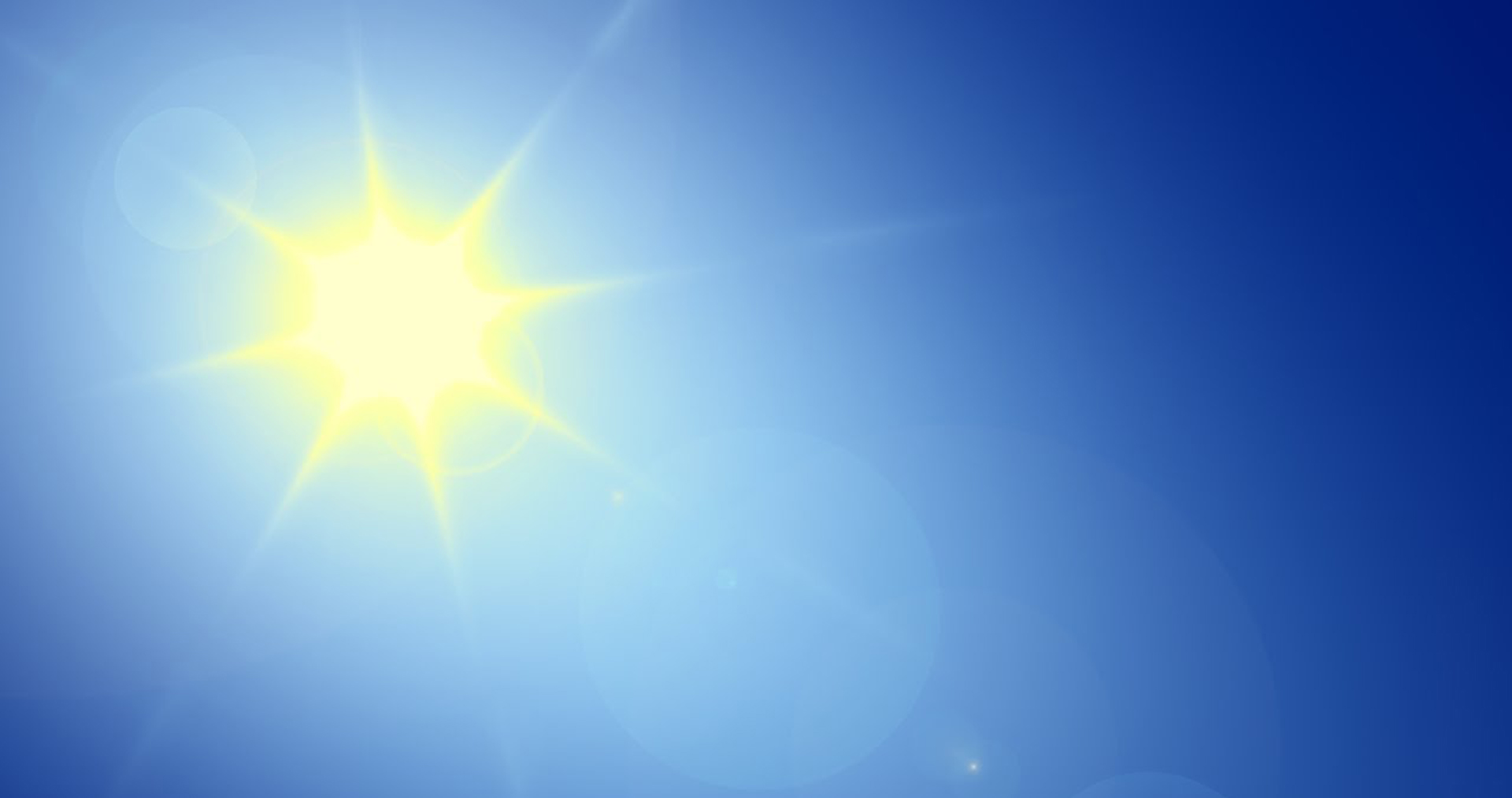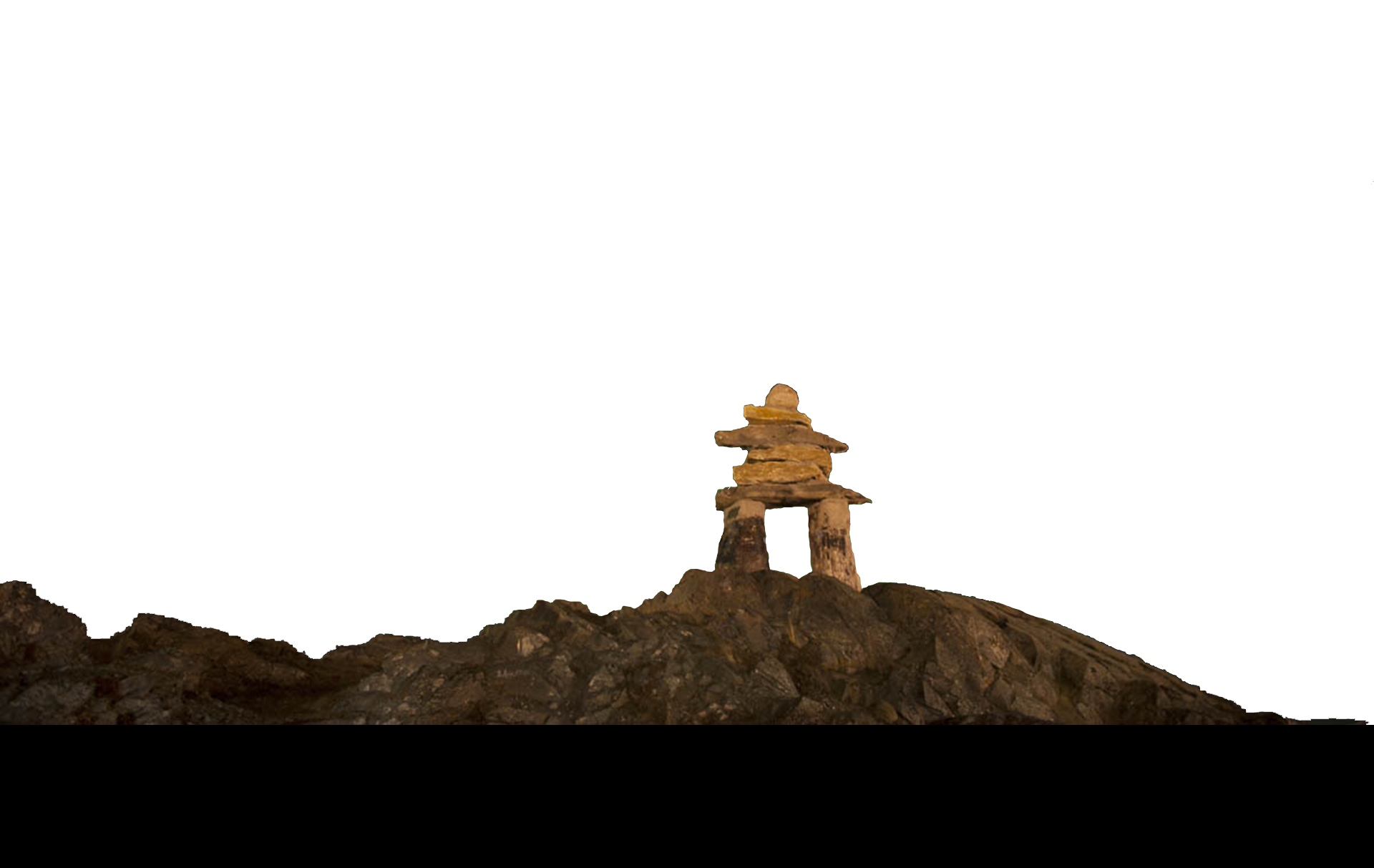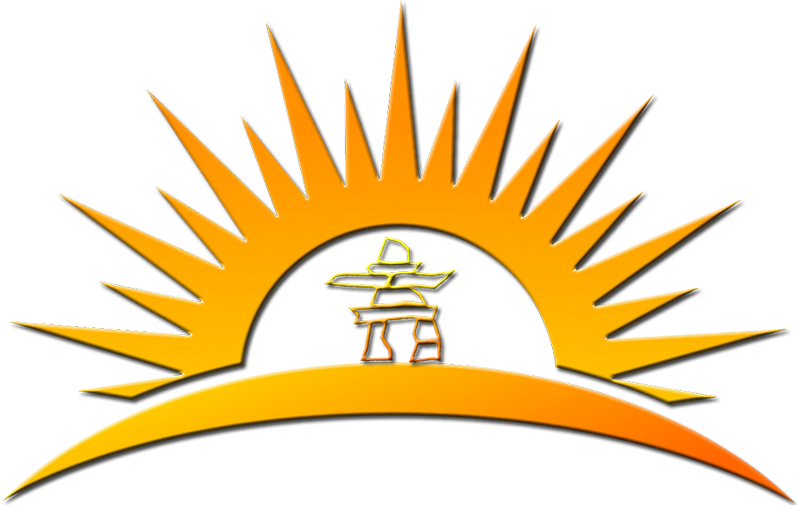




Space Climate 7 Meeting Abstract
Evolution the slow solar wind during a solar cycle
Alexis P. Rouillard (IRAP-CNRS)
Michael Lavarra (IRAP-CNRS), Nicolas Poirier (IRAP-CNRS), Léa Griton (IRAP-CNRS), Rui Pinto (IRAP-CNRS)
The origins and release mechanisms of stellar winds are long-lasting open challenges in astrophysics. Stellar winds play a fundamental role in the long-term evolution of stars and the habitability of their orbiting planets. In the solar case, the wind is observed in at least two states, fast and slow winds, that differ in their bulk properties and composition, pointing to different coronal origins. The origin of the fast solar wind is clearly identified in coronal holes but the origin of the slow solar wind remains elusive. A theoretical explanation for the origin of the slow wind must explain both its variable bulk properties and its peculiar composition. I will review our current state of knowledge of the slow solar wind. The last decade of multi-spacecraft measurements has provided new insights on the multiple source components of that wind. New theories have been proposed to explain its peculiar composition in particular its enrichment with elements with low First Ionisation Potential. I will also describe a major effort to develop a new generation of numerical models capable of tackling the outstanding questions around the origin of the slow solar wind. These new models will take full advantage of coronal and solar wind observations close to the Sun by NASA’s Parker Solar Probe and ESA/NASA Solar Orbiter missions. This research is part of the SLOW_SOURCE project funded by the European Research Council.
Mode of presentation: oral (Need to be confirmed by the SOC)
